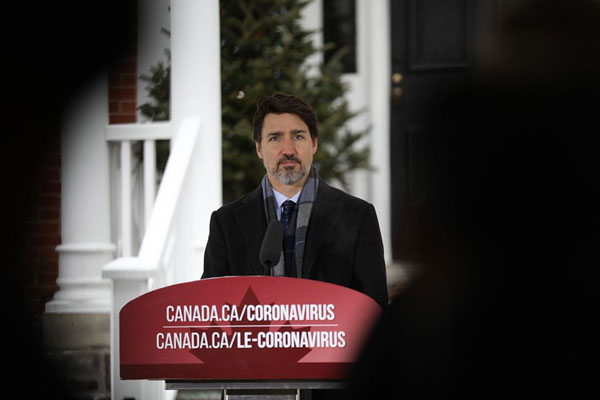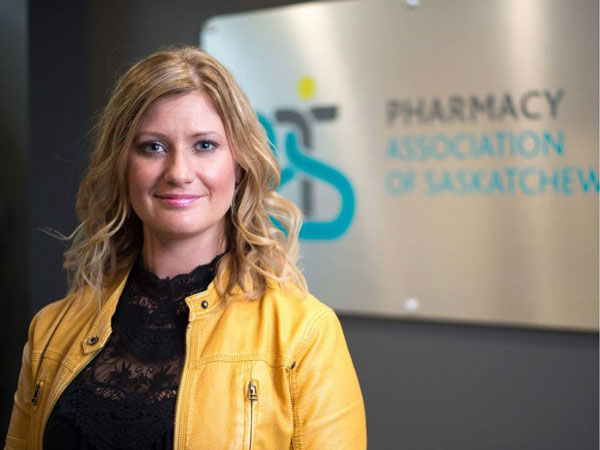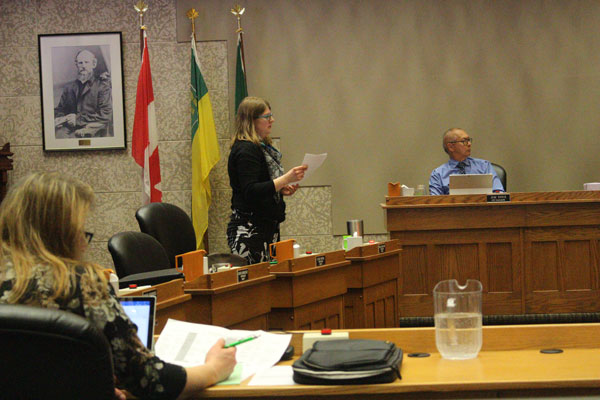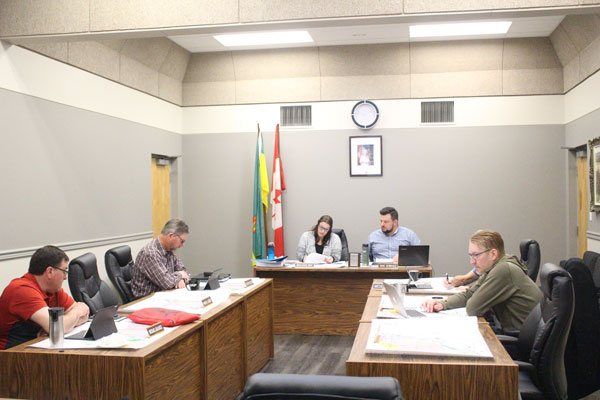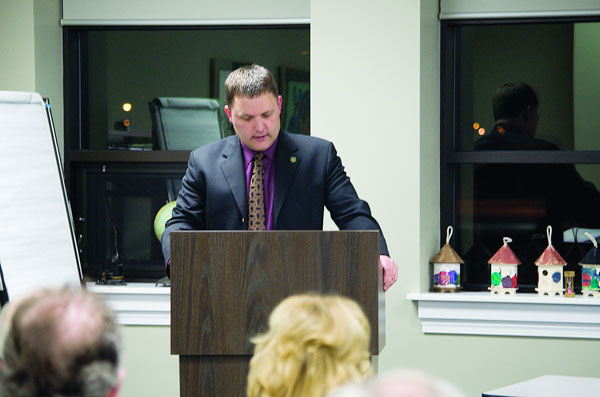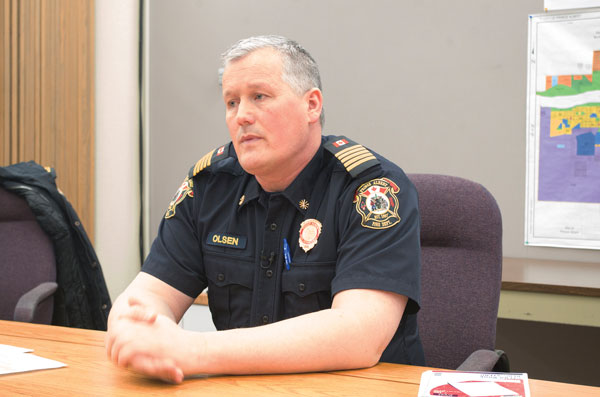The federal government has announced a mandatory 14 day quarantine for travellers returning to Canada and will impose penalties on those who defy the order.
Health Minister Patty Hajdu announced Wednesday that the previous directive for travellers to self-isolate for 14 days to stop the spread of COVID-19 would now be mandatory.
“Effective at midnight tonight travellers returning to Canada with the exception of essential workers will be subject to a mandatory 14 day isolation under the Quarantine Act,” Hajdu said before the Senate when discussing the new emergency legislation to free up money to assist in the response to COVID-19.
She explained that the new measure is in place to provide clarity for those re-entering the country about the need to self-isolate.
“Individuals who exhibit symptoms upon arrival in Canada are forbidden also from using public transit to travel to their places of self-isolation. Travellers who return to Canada will not be able to leave their homes or have visitors for two weeks following their return to the country,” Hajdu said.
“Individuals who exhibit symptoms upon arrival in Canada are forbidden also from using public transit to travel to their places of self-isolation. They will also be forbidden to self-isolate in a place with vulnerable people. Alternative arrangements for people in these circumstances will be made by the Public Health Agency of Canada” such as through hotels.
“Earlier this month, we asked all travellers to self-isolate when they returned to Canada. Today, we are making this isolation mandatory under the Quarantine Act to better protect our most vulnerable”. Hajdu tweeted in the morning.
The new rules come into effect at midnight and are not applied retroactively. The measures also apply to individuals returning from the United States. Those deemed essential workers will not be eligible.
The Health Minister is using powers under the Quarantine Act to impose these new restrictions.
She also said all travellers who do not have private vehicles will be provided transportation.
Later in the day Deputy Prime Minister Chrystia Freeland provided more clarity in the daily Ministers press conference. She explained that it applies at midnight to all travellers into Canada.
“And just let me remind people that already when people fly into Canada already at those kiosks which you are familiar with you get a screening which strongly recommends that you self-isolate for 14 days and you have to acknowledge that you received that strong recommendation,” she said.
Beginning at midnight, travellers will give contact details of all people coming into Canada.
“But let me emphasize you should be doing it already. This is a step we can all take to protect the health and safety of Canadians and ultimately to insure our economic rebound comes more quickly. If we can flatten the curve than we can go back to normal life more quickly,” Freeland said.
Maximum penalties could include fines of up to $7,500 and six months imprisonment.
Prime Minister Justin Trudeau addressed the move during his morning update Thursday.
He thanked the vast majority of travellers who have been self-isolating for 14 days when they arrive.
Then, he turned to those who aren’t.
“The premiers, Dr. (Theresa) Tam and public health officials have all been very clear on this. Go home and stay home for 14 days,” he said.
“Some people have not been taking this seriously. They’re stopping by the grocery store. They’re getting together with friends. This kind of conduct is not just disappointing, it’s dangerous.”
That’s why, he said, the federal government was forced to enact the quarantine act.
“We know the vast majority of Canadians have been following the guidelines set out for their own protection and the protection of all of us. Unfortunately, there are a number of people not following the guidelines which is why we’ve had to take this next step so Canadians who do not … self-isolate for 14 days immediately upon entering Canada will be facing fines and jailtime.”
He faced criticism from reports who asked why it had taken this long for the quarantine measures to come into force.
He said that the requirement to self-isolate was there from the beginning, and instructions were given to returning travelers. Many followed those instructions.
“They know it’s about protecting their own safety, the safety of their loved ones and the safety of (health care workers),” he said. “Unfortunately, too many have not.”
Trudeau said public health officials will follow-up with returning travelers to ensure they are following the rules. Enforcement, he said, will happen with police and other enforcement officers.
Canada urging US not to send troops to border
Trudeau also addressed concerns that US President Donald Trump was intending to send the military to the border to stop Canadians from trying to sneak into the US and bring COVID-19 with them.
“Canada and the United States have the longest unmilitarized border in the world and it is in both our country’s interests that it stay this way. We have been in discussions with the United States about this.”
He said Canada has told the US it’s important that border remain unmilitarized.
The US has 63,570 cases to date, the third-most in the world behind only China and Italy. According to the WHO, 884 Americans have died from COVID-19.
Canada has 4,018 confirmed cases. A total of 35 Canadians have died from the illness.
–with files from Peter Lozinski

